Vegan leather has been gaining a lot of attention in recent years as an environmentally friendly alternative that is produced without the use of animal products. Offering a more sustainable and ethical option compared to traditional leather, vegan leather is rapidly becoming widespread in many sectors from the fashion world to the automotive industry. In this article, we will discuss what vegan leather is, how it is produced, its advantages, disadvantages and where it can be used.
What is Vegan Leather and How is it Produced?
Vegan leather is a material made from synthetic or plant-based materials designed to replace animal hides. This type of leather is usually made from plastics such as polyurethane (PU) or polyvinyl chloride (PVC), or plant-based materials such as cork, pineapple leaves (Piñatex), apple peels, cactus. The production process uses less water than traditional leather and minimizes the use of environmentally harmful chemicals.
Featured Vegan Leather Types:
- Piñatex: Made from pineapple leaves, this material stands out as a sustainable and durable vegan leather alternative.
- Mushroom Skin: This skin, produced from the mycelium part of mushrooms, has a light and flexible structure.
- Cactus Leather (Desserto): Developed in Mexico, this leather is popular for its durability and aesthetic appearance.
- Apple Leather: Made by recycling apple peels, this leather is an eco-friendly and biodegradable option.
Advantages of Vegan Leather
1. Eco-Friendly: Vegan leather production uses less water and leaves a smaller carbon footprint than animal-based leather production. It also minimizes the use of harmful chemicals, which reduces environmental impact.
2. Respectful of Animal Rights: Since animal leather production requires the use and killing of animals, vegan leather offers an ethical alternative for individuals who are sensitive to animal rights.
3. Sustainability: Plant-based vegan leathers are considered a sustainable material as they are produced from renewable resources.
4. Lighter and Flexible: Vegan leather is generally lighter and more flexible, making products more comfortable to use.
Disadvantages of Vegan Leather
1. Durability: Vegan leather is generally less durable than traditional animal leathers. This can shorten the lifespan of the product.
2. Plastic-Based Production: Some vegan leathers may harm the environment in the long run as they are made from non-environmentally friendly plastics (PU or PVC).
3. Breathability: Vegan leather is generally not as breathable as animal leather, which can be uncomfortable for some users.
4. Price: Plant-based vegan leathers can often be more expensive due to the complexity of the manufacturing process.
Where to Buy Vegan Leather?
Vegan leather products are available in a wide range of markets, both online and in brick-and-mortar stores. Here are some popular shopping destinations:
- Online Stores: You can easily find vegan leather products on major e-commerce sites such as Amazon, Etsy, Zalando.
- Vegan Fashion Brands: Brands such as Matt & Nat, Stella McCartney, Veja offer completely vegan leather products.
- Boutique Stores: You can also find vegan leather products in boutique stores that sell vegan and sustainable fashion items.
Who First Invented Vegan Leather?
Vegan leather began to emerge towards the end of the 20th century, in response to demands from animal rights advocates and environmentalists. However, the concept of plant-based vegan leather has gained popularity, especially in the 21st century, with the rise of environmental awareness. One of the innovative vegan leather types, Piñatex, was developed by Dr. Carmen Hijosa in 2015 and has attracted great attention.
Countries Where Vegan Leather Is Popular
Vegan leather is particularly popular in Western Europe, North America and the Asia Pacific region. Countries such as Germany, the United Kingdom, the United States, Canada and Australia are among the regions where demand for vegan and sustainable products is high. Vegan lifestyle and sustainable fashion are gaining significant traction in these countries.
What is Vegan Leather Used For?
- Fashion: It is widely used in fashion items such as bags, wallets, shoes and jackets.
- Automotive: Vegan leather is used in car seats and interior design, allowing vehicles to be promoted as environmentally and animal-friendly.
- Furniture: Vegan leather is also preferred for sofas, chairs and other furniture pieces.
- Decoration: Vegan leather can be used in home accessories, pillows and wall decorations.
Frequently Asked Questions (FAQ)
1. Is vegan leather really environmentally friendly?
Yes, vegan leather is generally considered more environmentally friendly than animal leather. However, it is important to remember that plastic-based vegan leathers can be harmful to the environment in the long run.
2. Where are vegan leather products sold?
Vegan leather products can be found in online stores, vegan fashion brands, and boutique stores.
3. Is vegan leather durable?
Vegan leather is generally less durable than animal leather, but quality vegan leather grades are available.
4. Which brands offer vegan leather products?
Brands such as Matt & Nat, Stella McCartney, Veja are among the leading brands that offer vegan leather products.
5. How to clean vegan leather?
Vegan leather can be easily cleaned with a damp cloth. Avoiding chemical cleaners will extend the life of the product.
Conclusion: Could Vegan Leather Be the Material of the Future?
Vegan leather has the potential to be the material of the future, offering an ethical and environmental alternative to animal leather. With its advantages, disadvantages and wide range of uses, vegan leather is rapidly becoming widespread in both the fashion industry and other sectors. If you are looking to adopt a more sustainable and ethical lifestyle, vegan leather products can be a great choice.





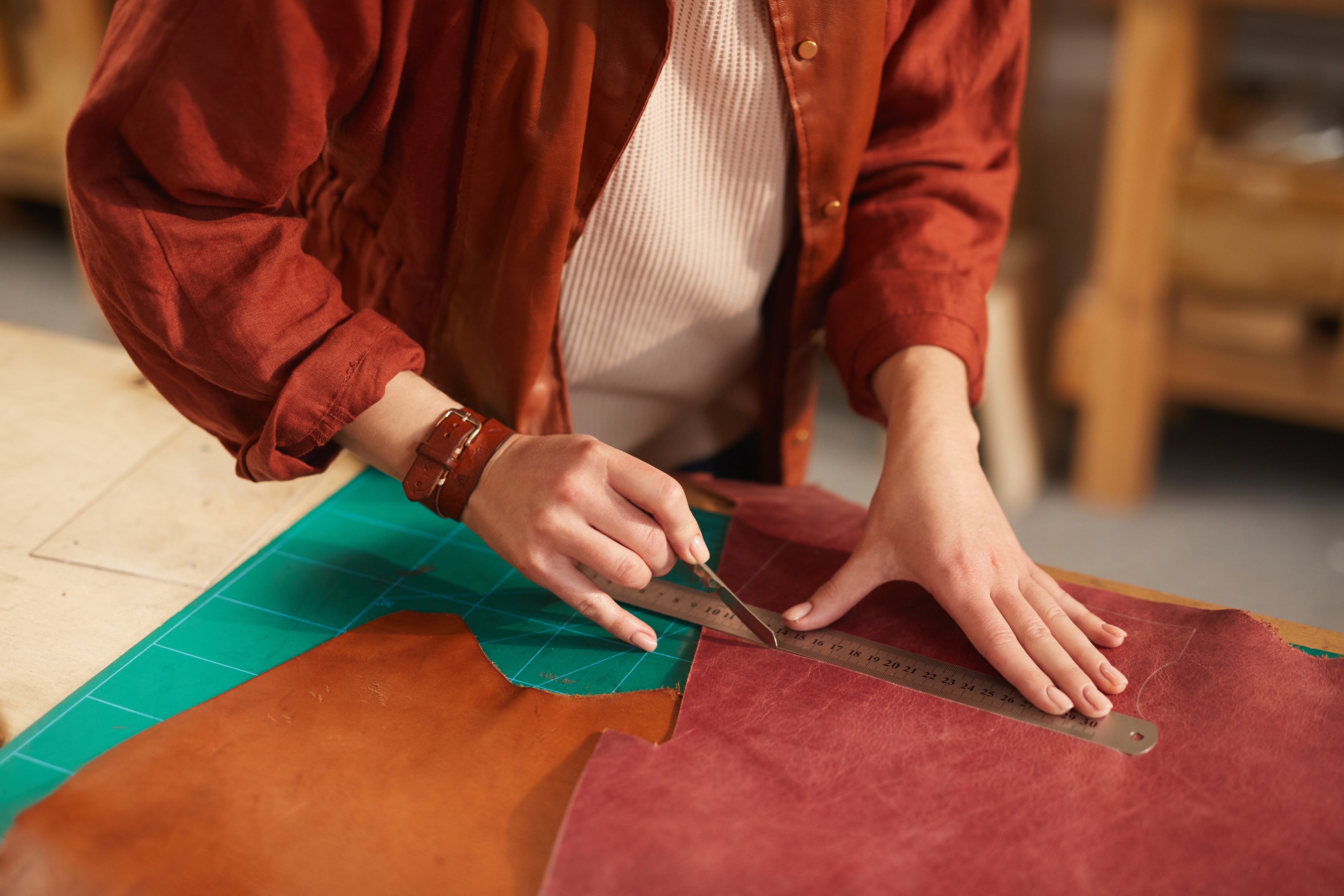
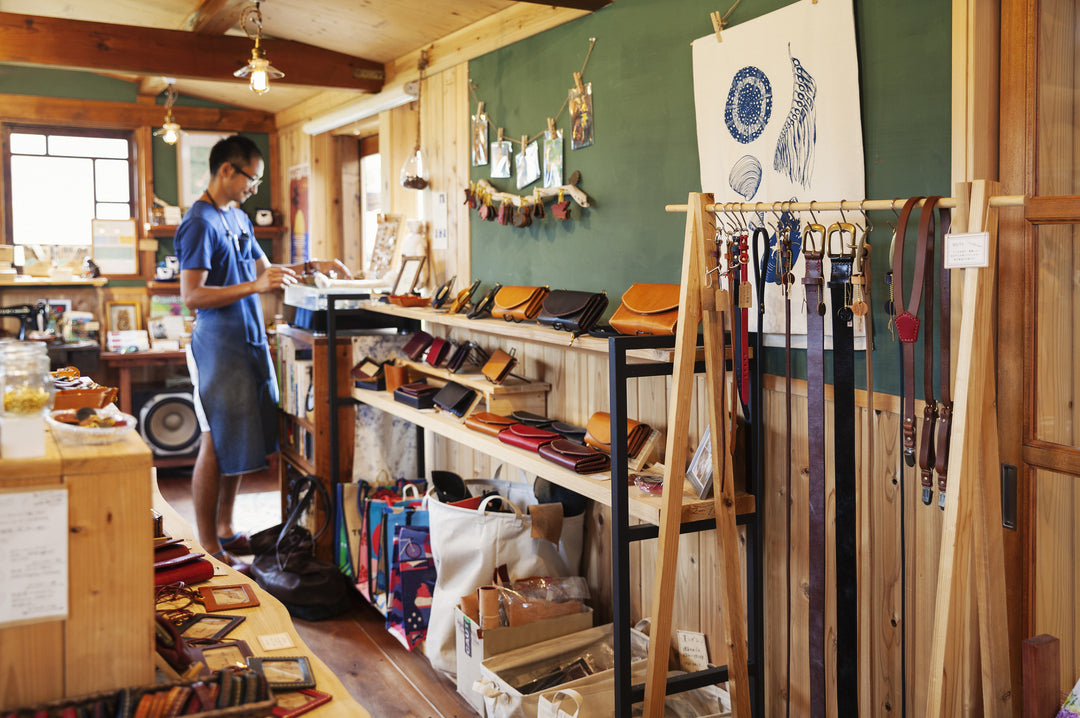
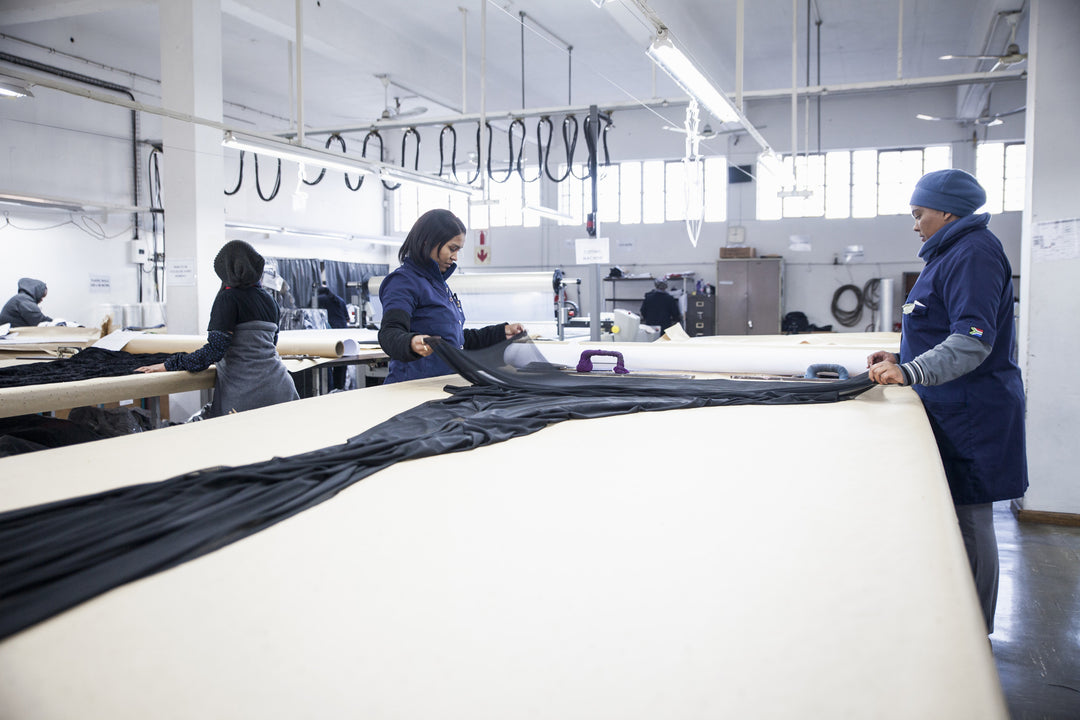
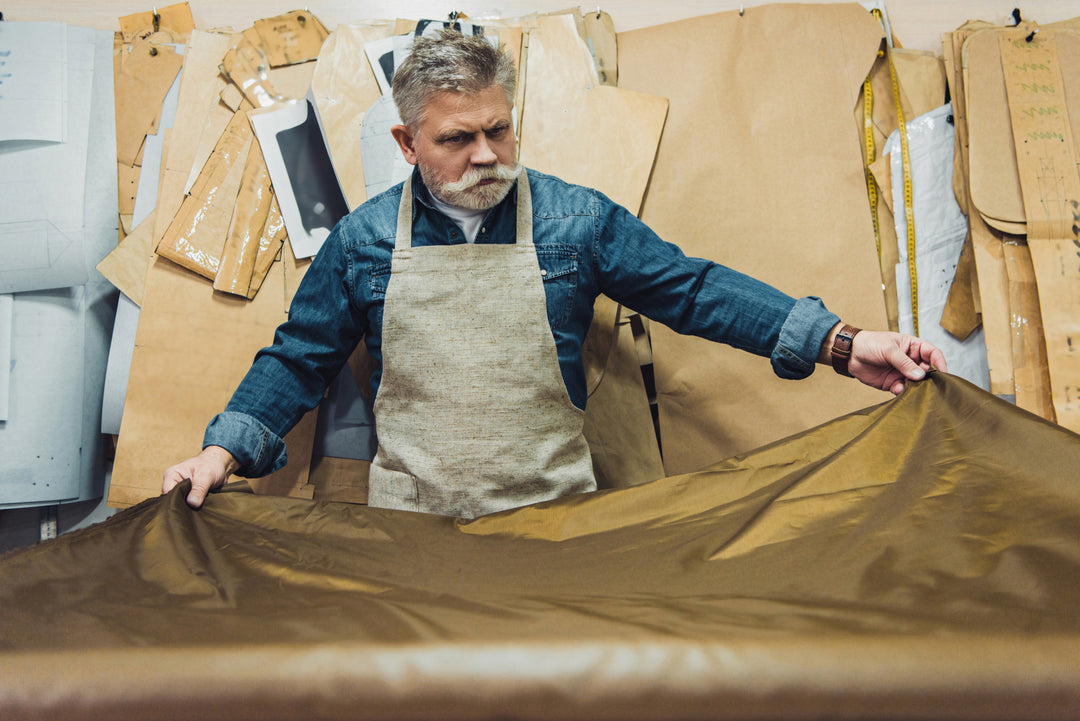

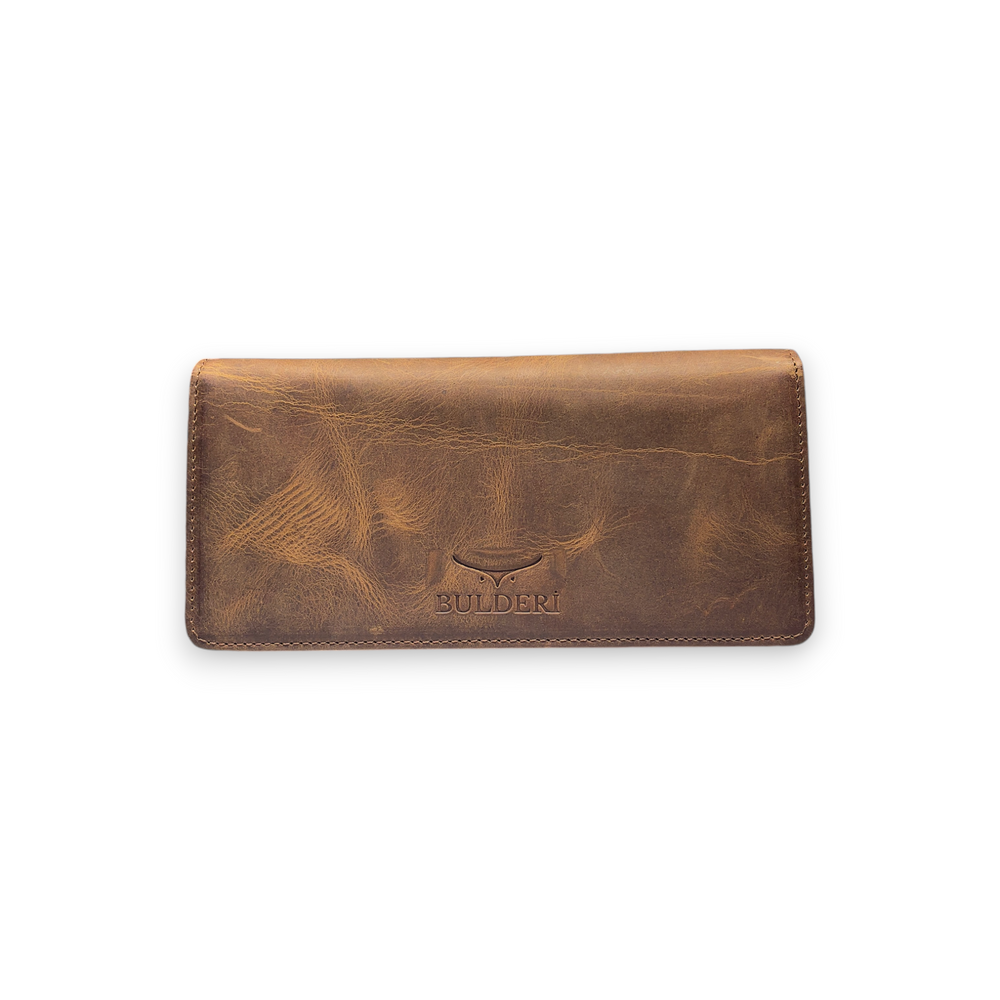
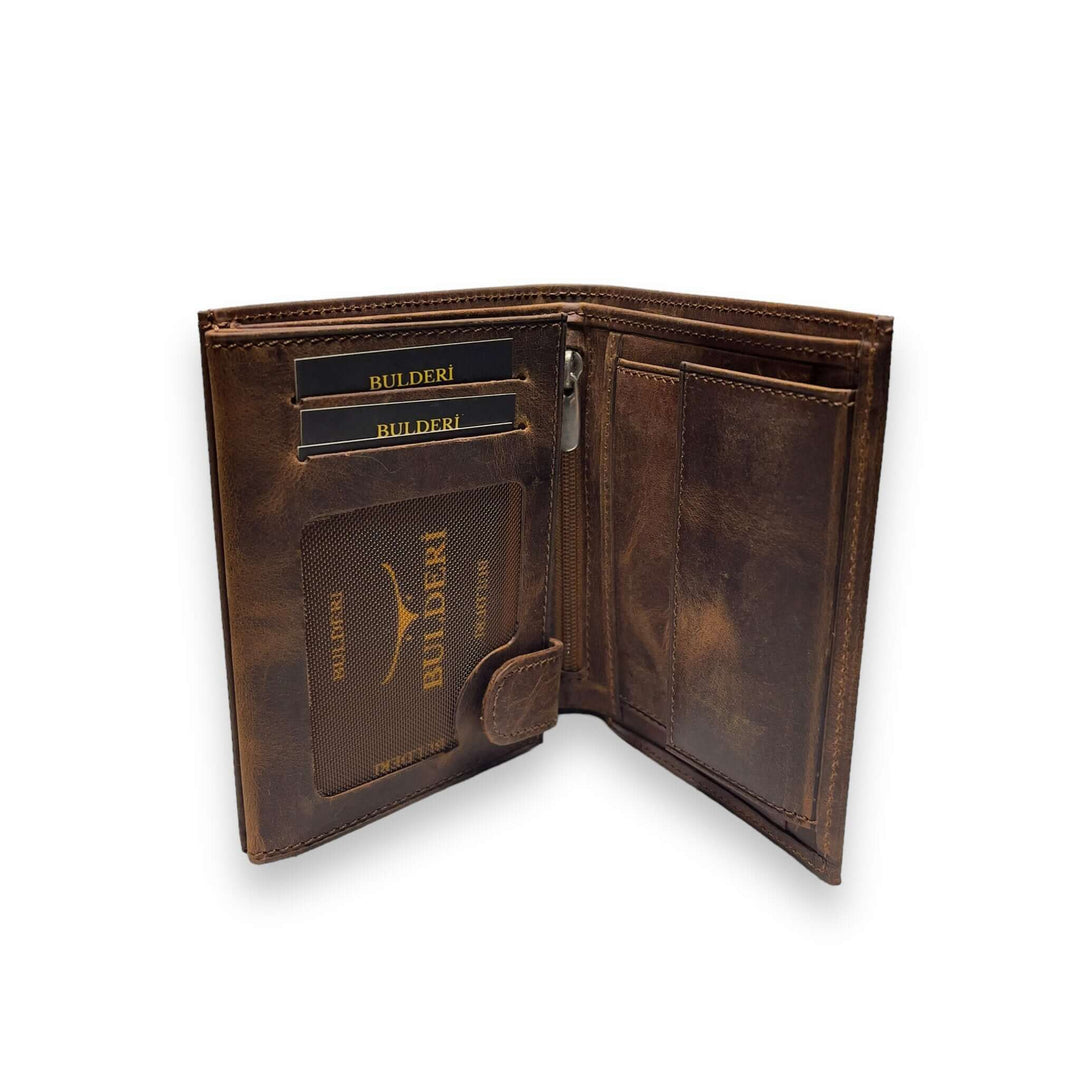
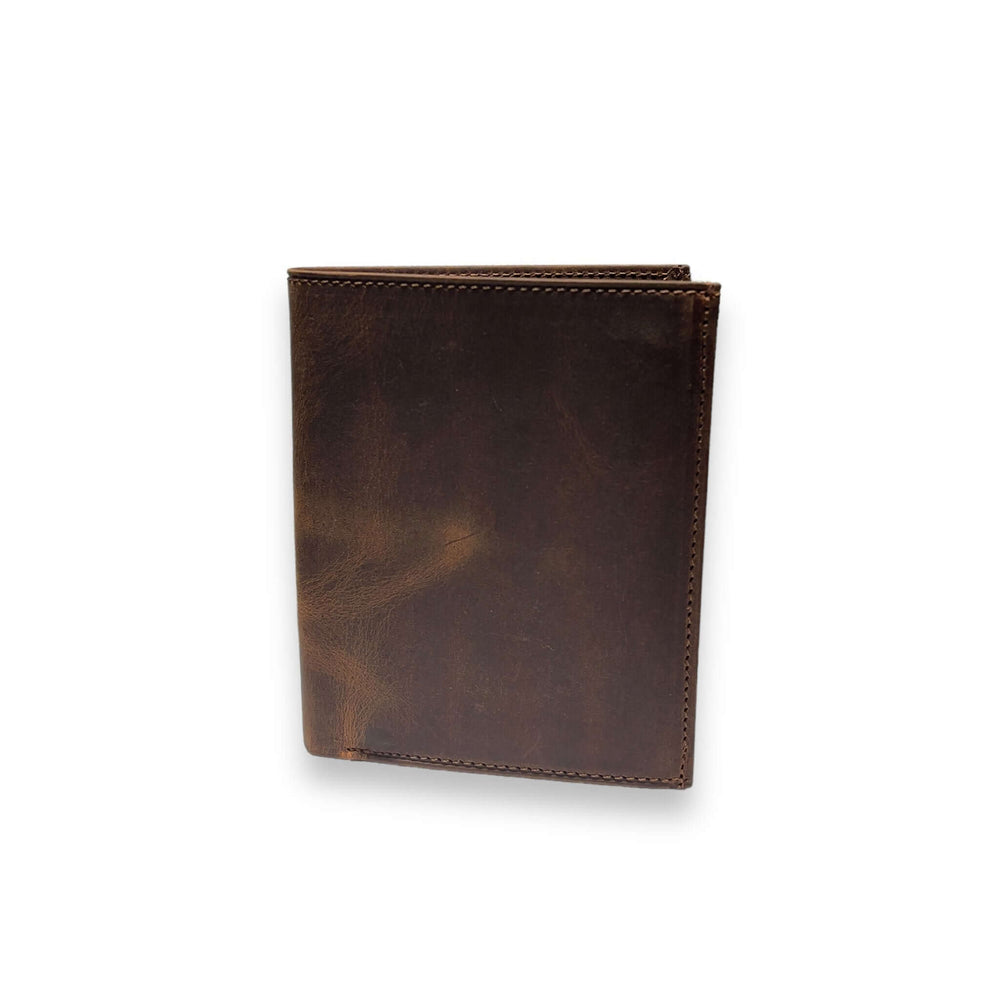
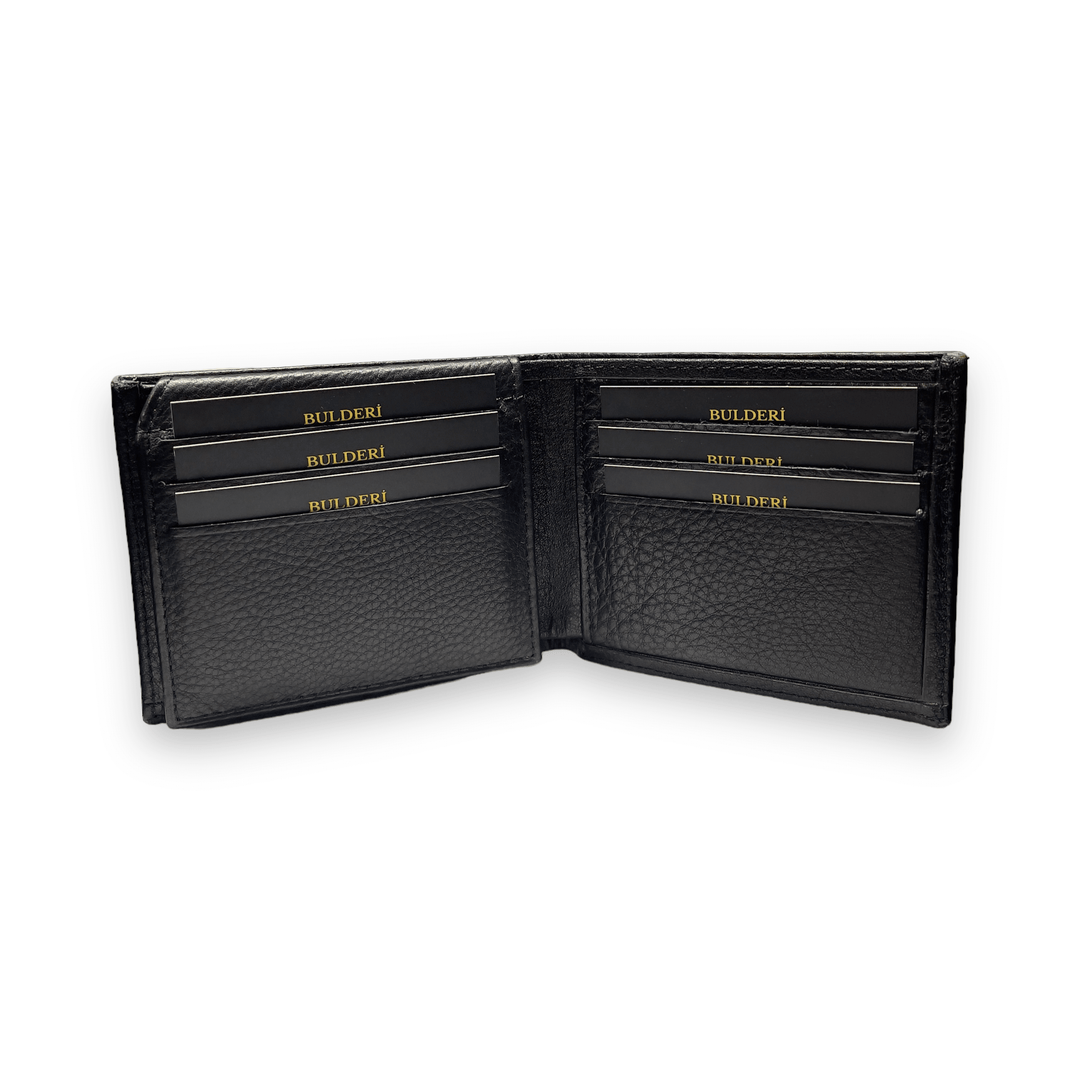
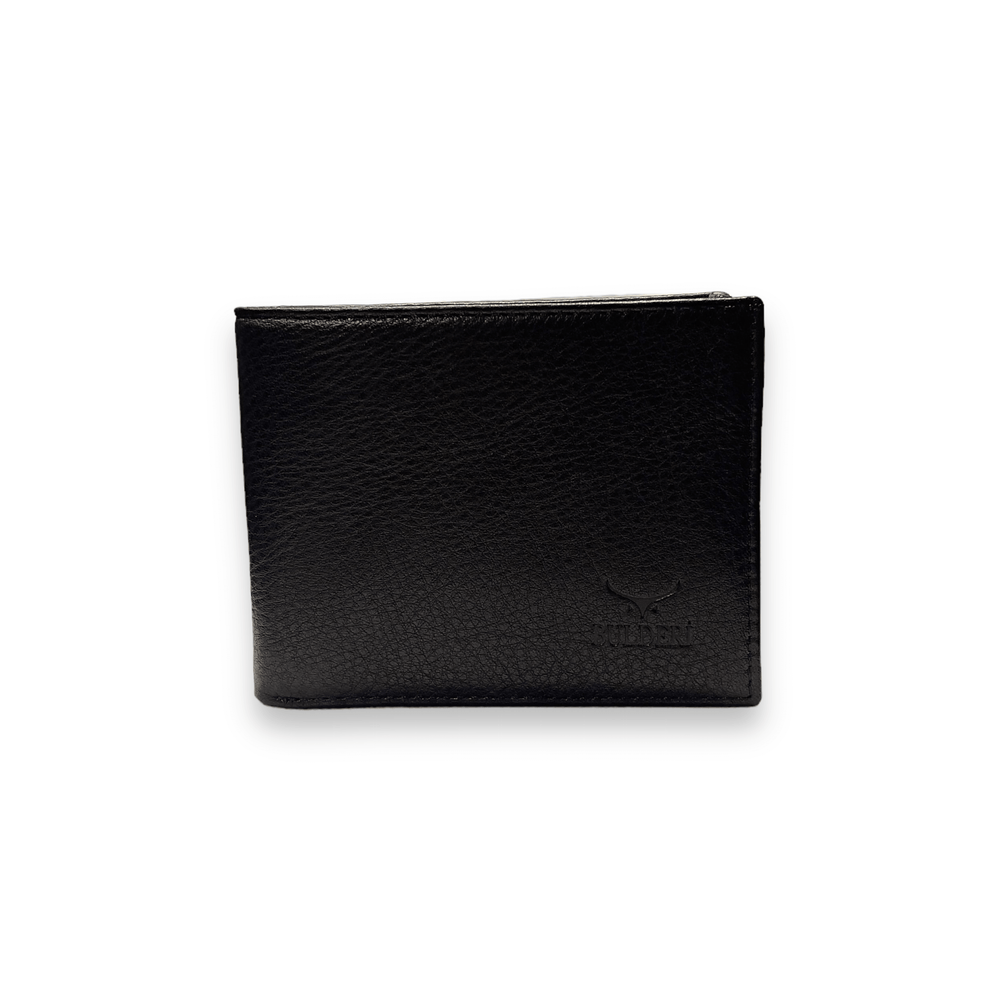

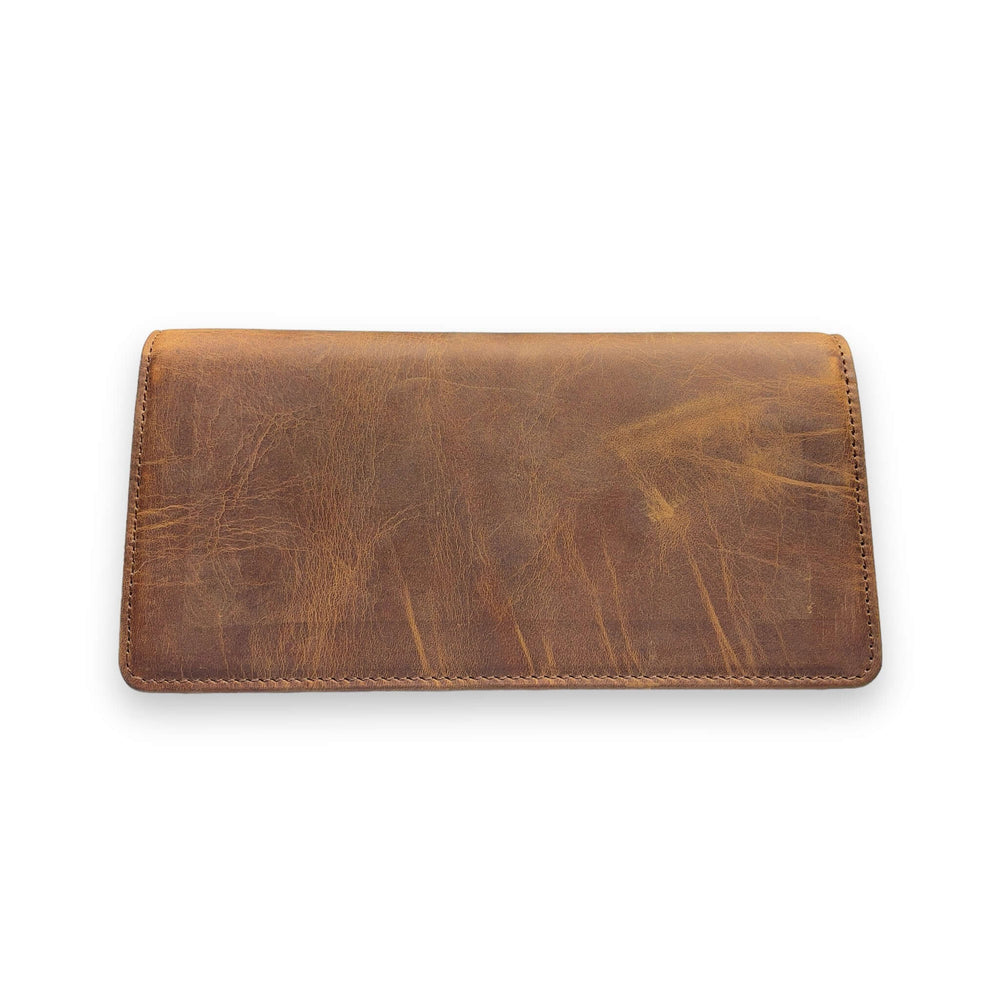




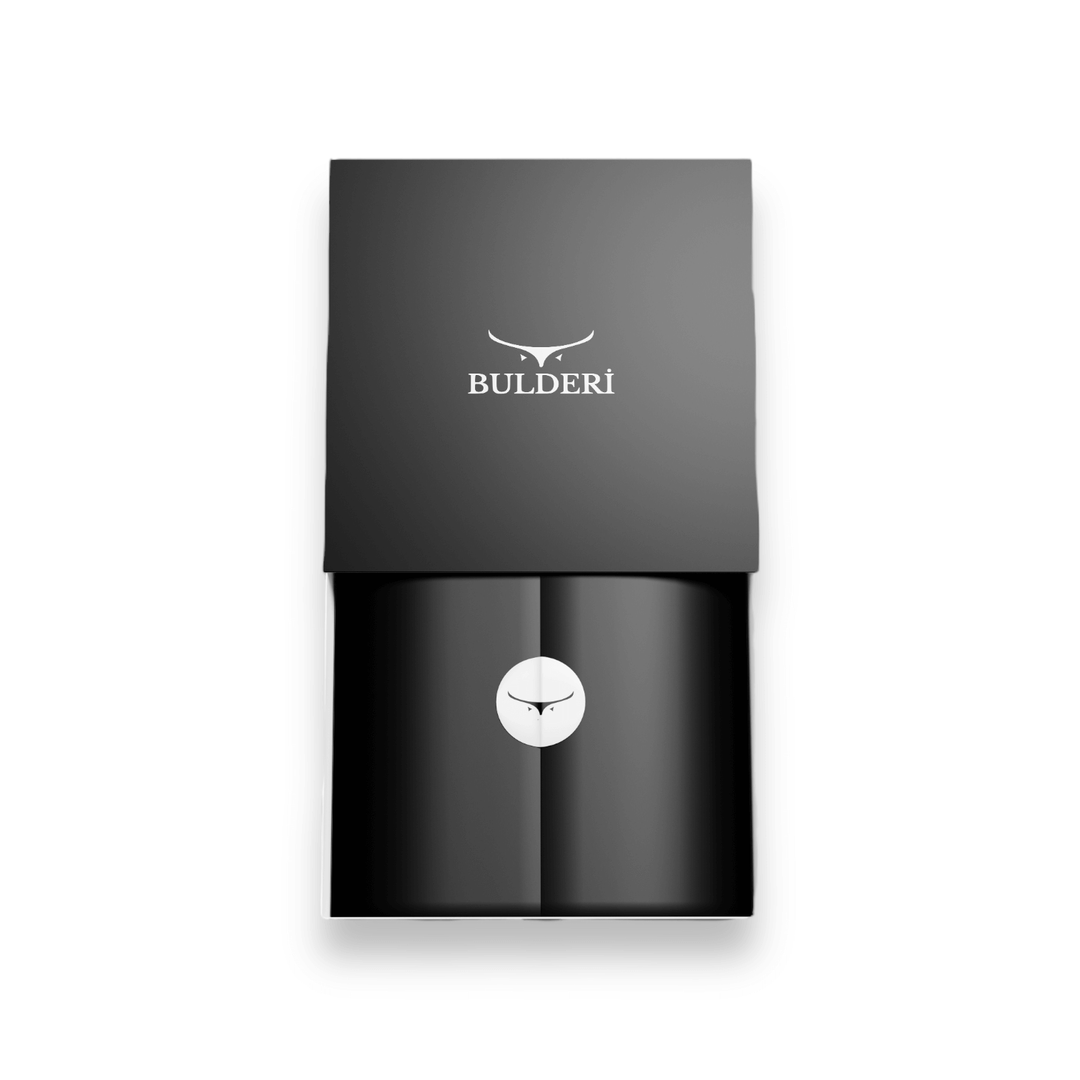
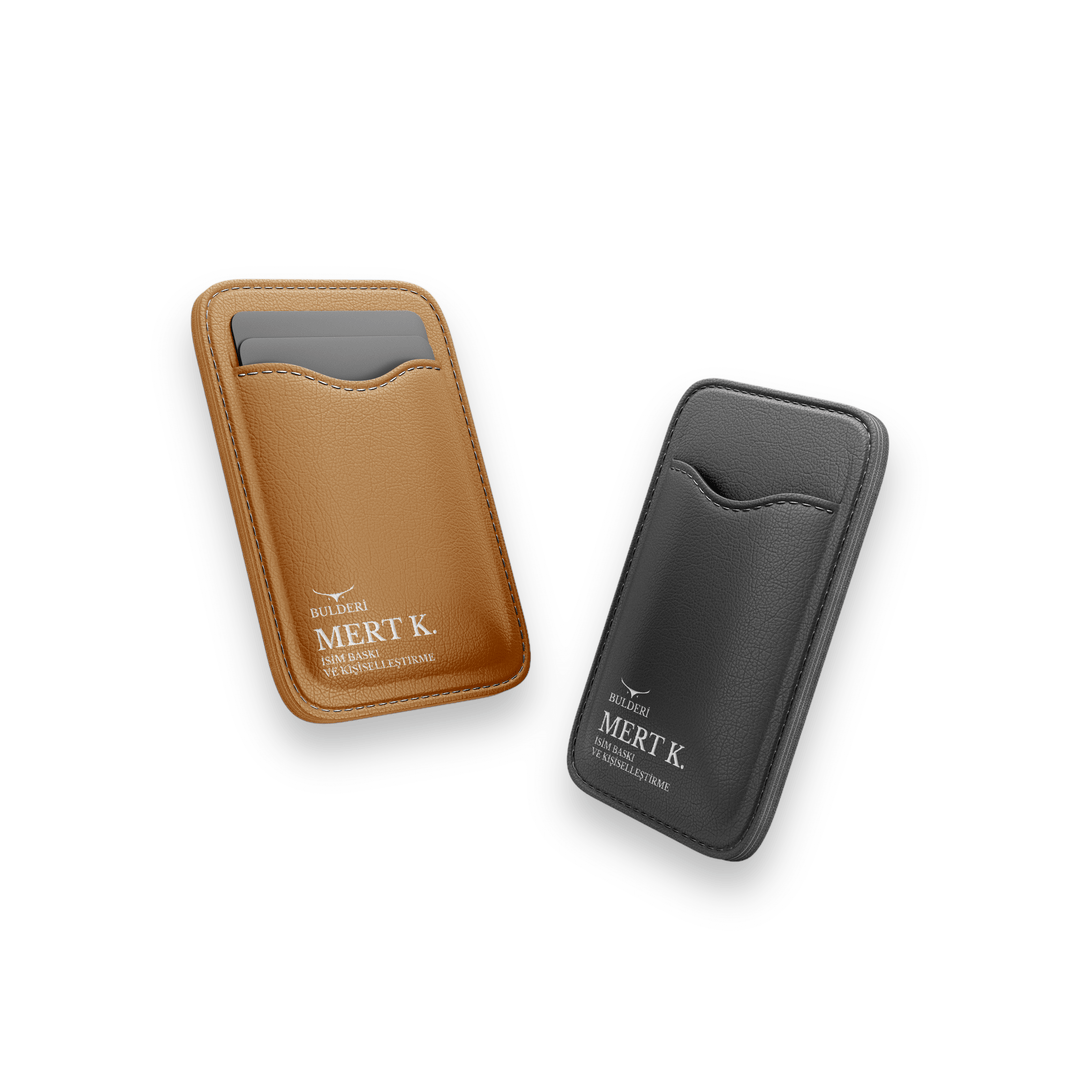

Leave a comment